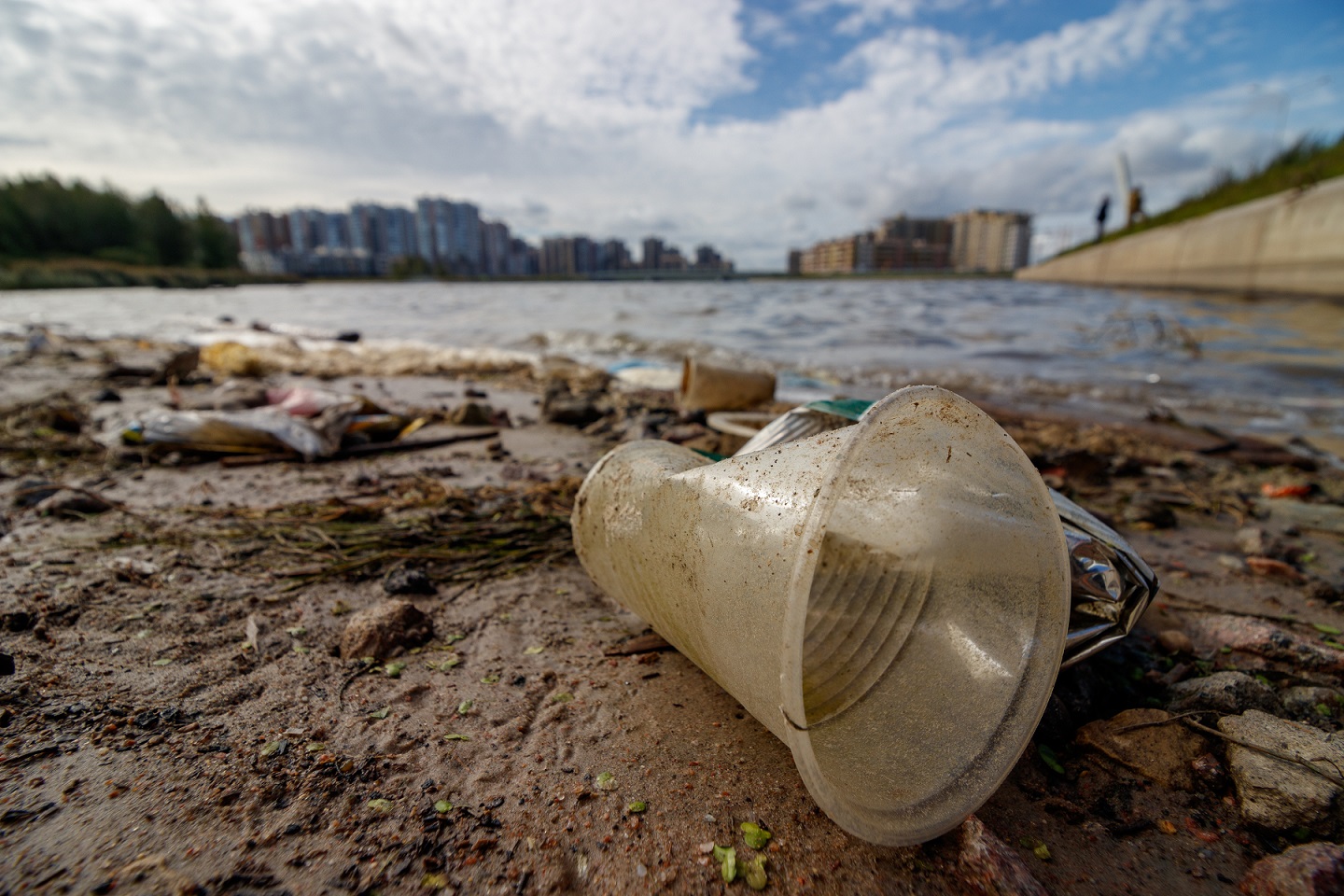
This July saw millions of people get involved in Plastic Free July. Plastic Free July is a global movement that encourages people to be part of the solution to plastic pollution – so we can have cleaner streets, oceans, and beautiful communities.
More than 8.3 million tonnes of rubbish finds its way to our oceans each year. A million tonnes of this stays in the ocean. The rest of it finds its way onto shores all over the world. This rubbish comes from both land and sea-based sources and can travel immense distances.
We could wax lyrical about all the ways that rubbish in our oceans negatively impacts coral reefs, wildlife and human health. But we’d prefer to tell you what we’re doing about it. And what you can do to help.
How can we solve the ocean plastic crisis?
Our researchers are investigating the relationship between humans and our environment. Our focus is on sources and amounts of plastics around Australia and the world.
We’ve worked with schools, communities, industry groups and government to address everyone’s role in solving this problem.
The world’s largest plastic pollution survey
We’re taking on the world’s largest plastic pollution survey. We’re working with countries across the globe to apply science to reduce the amount of litter entering our oceans.
To date, the best estimates say there are around 6-12 million metric tonnes of plastic going into the oceans each year. That works out to be around 15 shopping bags of plastic for each metre of global coastline (excluding Antarctica).
What can be done?
Every piece of plastic in our oceans started in someone’s hand. By gathering the information needed to identify sources and hotspots of debris, we can better develop effective solutions to tackle it.
Working together, scientists, industry, government and citizen scientists can make significant strides to reduce the impact in coastal areas and in the marine environment.
We’ve developed an online national marine debris database. Here you can contribute data you collect about litter at your local beach.
More tips for reducing your impact
Together, we can contribute to the improved understanding of the types, amounts and sources of debris that arrives on Australia’s coastline. And reducing the amount of plastic we use is a good way to start!
We asked our CSIRO Waste Warriors for their best tips to reduce single-use plastic waste. Here’s what they said:
- Make sure you always have an eco-friendly bag in your car and handbag.
- Purchase reusable cloth bags to use for your fruit and veggies at the supermarket – or go bag-less all together.
- Say no to plastic straws, carry a reusable straw instead.
- If food outlets allow it, bring your own tupperware for takeaway.
- Buy and use your own reusable coffee cup.
- Opt to dine in instead of taking away.
Have a tip of your own? Share your waste-free wisdom by leaving a comment below.


17th April 2020 at 5:46 pm
Take 3 for the Sea, pick up 3 pieces of rubbish when you are out and about, it may not seem like it can make much of an impact but if a million people are doing the same thing, this will make a positive impact.
19th March 2020 at 6:23 pm
Plastic is not bio-degradable or compostable – the plastic particles never break down, a plastic bag just breaks into minute particles that get into the water and soil – and so should never have been allowed to be advertised and sold as such. Putting compostable garden and household waste in plastic bags just increases the plastic soup in soils, rivers and oceans, and therefore increases plastic contamination in animals and humans.
13th November 2019 at 7:08 pm
Dear Nikki Galovic,
My name is Zidan Saefullah Burhanuddin(XIIMIPA4/36), i from twelve grade in senior high school eleven semarang.I read your article and i very interesting for your movement to reducing waste in the ocean. Education about the environment must be known by everyone. Invite all parties to work together to overcome the problem of waste in the ocean. I hope everyone can be inspired by you and keep the environment clean.
Thank you